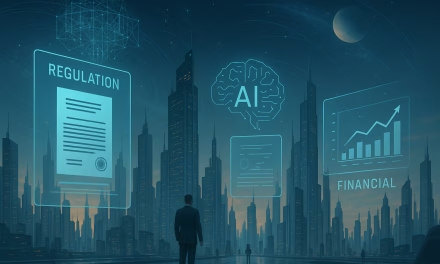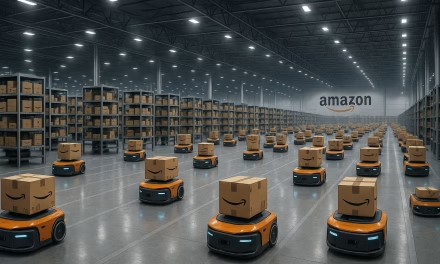The artificial intelligence revolution has been the dominant narrative in the business world for the past two years, with companies rushing to integrate AI into their operations. However, recent data suggests that the initial, frenzied wave of adoption may be reaching a plateau. While the long-term potential of AI remains undisputed, many organizations are now grappling with the complex realities of implementation, leading to what some are calling the ‘trough of disillusionment’.
A new report from the Ramp AI Index, which tracks AI adoption across US businesses, indicates a leveling off in corporate AI implementation. This trend is not necessarily a sign of failure, but rather a natural maturation of the market. The initial phase of excitement, driven by the accessibility of powerful large language models, is giving way to a more pragmatic and challenging phase: turning AI potential into tangible business value.
The core of the issue seems to be the struggle to find practical, impactful use cases. As noted by The Economist, many companies are finding it difficult to move beyond simple chatbots and content generation tools. The deeper, more transformative applications of AI—such as process automation, predictive analytics, and supply chain optimization—require significant investment, technical expertise, and a clear strategic vision. Many companies are discovering that they lack one or more of these key ingredients.
This sentiment was echoed at a recent Microsoft conference, where Dario Amodei, the CEO of Anthropic, urged businesses to ‘think big’ and maintain faith in AI’s possibilities. His comments highlight a growing concern that the current focus on incremental improvements and easily implemented solutions may be overshadowing the truly revolutionary potential of AI. The challenge for businesses is to bridge the gap between the current state of AI and its future promise.
Despite this apparent slowdown in adoption, the tech giants are not hitting the brakes. Meta is reportedly looking to invest billions in Scale AI, a company that provides the crucial data labeling services needed to train sophisticated AI models. This move signals a clear understanding that the quality and quantity of data are the primary bottlenecks to developing more advanced AI systems. Similarly, Google continues to push the boundaries of AI integration with new features in its search engine, aiming to make AI an indispensable part of our daily digital lives.
So, what does this all mean for the future of AI in business? The current plateau is likely a temporary and necessary phase. It represents a shift from a period of hype-driven experimentation to one of strategic implementation. The companies that succeed in this new phase will be those that can identify clear business problems that AI can solve, invest in the necessary talent and infrastructure, and cultivate a culture of innovation and adaptation. The AI revolution is far from over; it’s just getting started, and the next chapter will be written by those who can turn the promise of AI into a reality.





